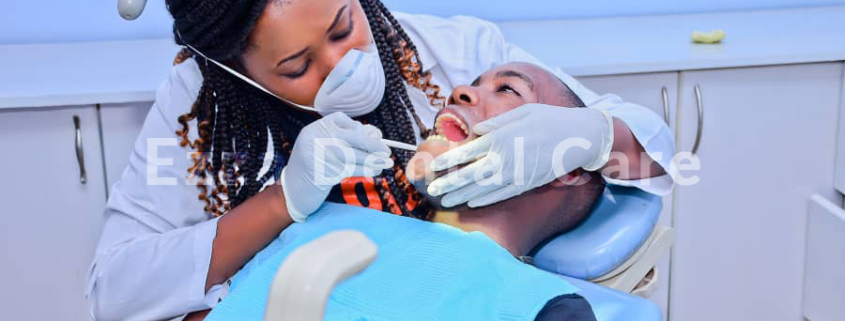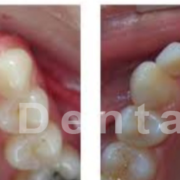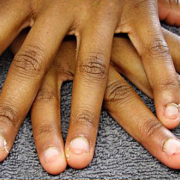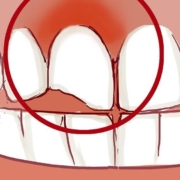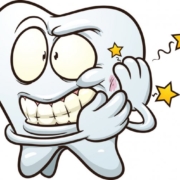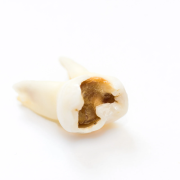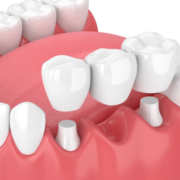Expert tooth extractions and 5 care tips
Tooth extraction is the process of removing a tooth for oral health purposes. Dentists avoid tooth extraction except in special circumstances such as impacted wisdom teeth, dental trauma, infection, severe tooth decay, gum disease, or overcrowded teeth. In these circumstances, tooth extractions confer many benefits. In today’s blog, Ezza dental care explains what you can expect.

Broadly speaking, we have two types of tooth extractions: simple and surgical extraction. Simple extraction works when extracting visible teeth above the gum, it is removed in one peace. The dentist does not employ any surgical procedure. For this reason, the procedure is relatively easy and costs less than surgical extraction. Surgical extraction works for more complicated cases such as cracked teeth and impacted teeth. At Ezza dental care, the dentist will discuss treatment options with you depending on the state of your tooth. Sometimes, you need don’t need teeth extraction and should therefore not blindly extract your tooth because of anxiety and related factors.
Related article: Treatment and repair for a broken tooth
What should I expect during tooth extraction?
First, consult with your dentist. Most times, the dentist advises against extraction and recommends conservation. Otherwise, the dentist will examine you and determine if you need to start or stop certain medications before the surgery. For most people, however, the dentist will extract the tooth on the first visit. If you need surgical extraction, the dentist will make a small incision into your gums to access the tooth before removing it. The process will last between 10 to 30 painless minutes thanks to local anaesthesia. Local anaesthesia numbs part of the mouth and ensures a pain-free tooth e
Extraction. After the process, the dentist will give cotton to chew on to facilitate blood clotting, and the healing process starts. Tooth extraction healing takes several days. However, schedule an appointment with your dentist immediately if you notice any of the following signs:
- Fever
- Severe swelling that does not go down after a few days
- Severe pain
- Numbness beyond 24 hours after the extraction.
- A bad taste in your mouth that doesn’t go away after a salt water rinse
- Excessive bleeding
- Pus coming from the socket
5 care tips after extraction
These steps help avoid complications like dry sockets.
Related article. Dry Socket: Causes, Symptoms and Treatment
The area will be tender but the following will facilitate healing:
- Avoid the extraction site but brush the rest of the teeth and tongue
- Eat and drink lukewarm healthy foods as you would, but avoid biting down on the extraction site.
- Do not use a straw to drink anything.
- Get plenty of rest to facilitate healing
- Regularly rinse the mouth with salt in warm water
How Long Does It Take To Recover From an Extraction?
The period varies with the patient depending on tooth size and location plus after-care compliance.
For a simple extraction, the process takes about 48-72 hours to clot fully and the patient returns to normal activity. The soft tissue will usually fully heal in about 3-4 weeks. For a surgical extraction, the process may a little longer and adherence to after-care guidelines will make it faster. For work leave, the patient may take a day or two off depending on the amount of physical activity required for their job. The patient should discuss this with the surgeon beforehand.

